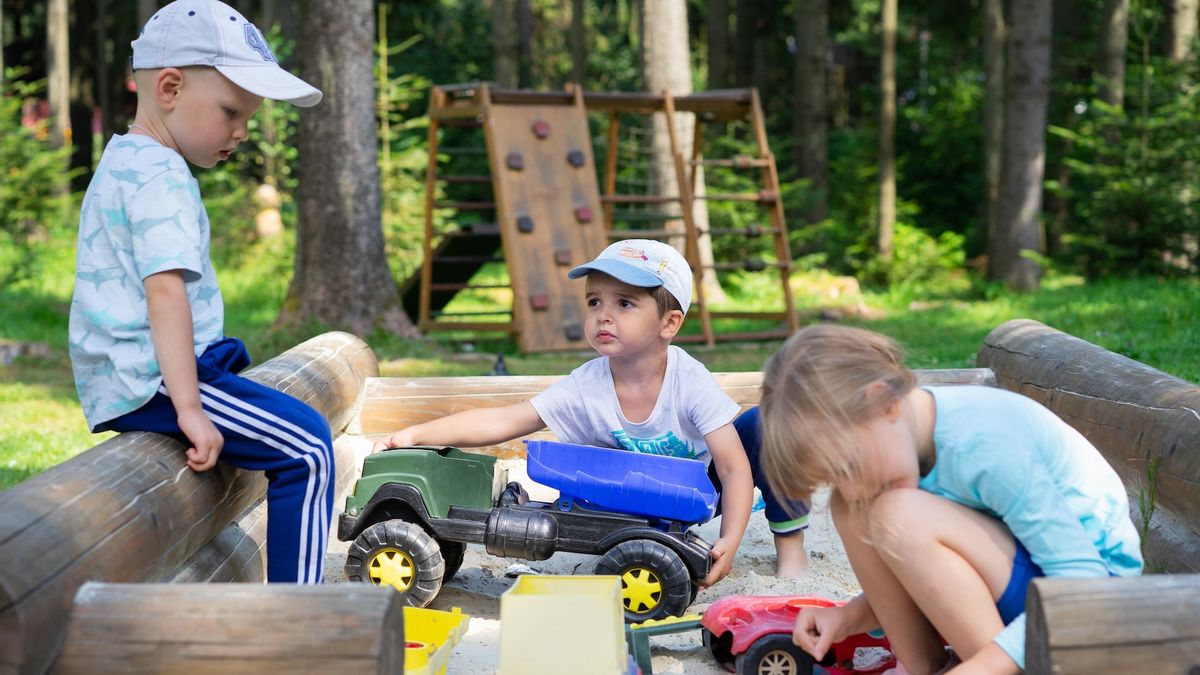YOGYAKARTA – Toddlers are starting to get acquainted with the world outside the home, this is good for them. Especially when they start playing collaboratively with their peers. Collaborative play is a type of play that usually starts at around 2 years of age or when they are classified as 'adult'.
Adults to toddlers, they can take turns playing, sharing toys, following rules, and negotiating with others. The type of collaborative game played by older toddlers teaches social skills. They also learn to solve problems by working together and achieving common goals. Launching Verywell Family, Tuesday, August 23, here are the benefits of collaborative play for toddlers.
1. Teach about how to sharePlaying together collaboratively means playing the same game with more than one child. To teach your child about sharing, use the term sharing in its truest and most accurate sense. For example, 'share' in the context of sharing cakes and sharing toys would be different. If you share a cake, it means that the child will not get the cake back. When sharing toys, children share roles in playing the toy.

When waiting for a turn when playing a collaborative game, a young child needs impulse control. Because they need to give up something they want and wait their turn. To teach this, the game can be started by rolling the ball back and forth in turns. It will also help toddlers understand that they will have a chance to play.
3. Obey the rulesOne of the best ways to teach toddlers the rules is to not let them win all the time. This may be frustrating for your little one, but it's a great way to introduce the fact that all games have rules and everyone has to follow them.
4. Team workCompetition in collaborative games needs to be done in a healthy manner. For example by emphasizing the benefits of teamwork or sharing roles with one another. You also need to encourage collaborative behavior to hone your child's emotional, social, physical and cognitive abilities.
5. NegotiateNegotiation is a skill best learned through modeling. When at home, you can practice giving him the cake and picking up his favorite cheese slice. Ask your child how the cheese is for you and the rest of the cake is for him. Give your child a chance to choose and argue before you pick up and eat the cheese.
At home exercises on how to negotiate, children can understand give and take. This ability will be tested when they play with their peers.
The English, Chinese, Japanese, Arabic, and French versions are automatically generated by the AI. So there may still be inaccuracies in translating, please always see Indonesian as our main language. (system supported by DigitalSiber.id)








